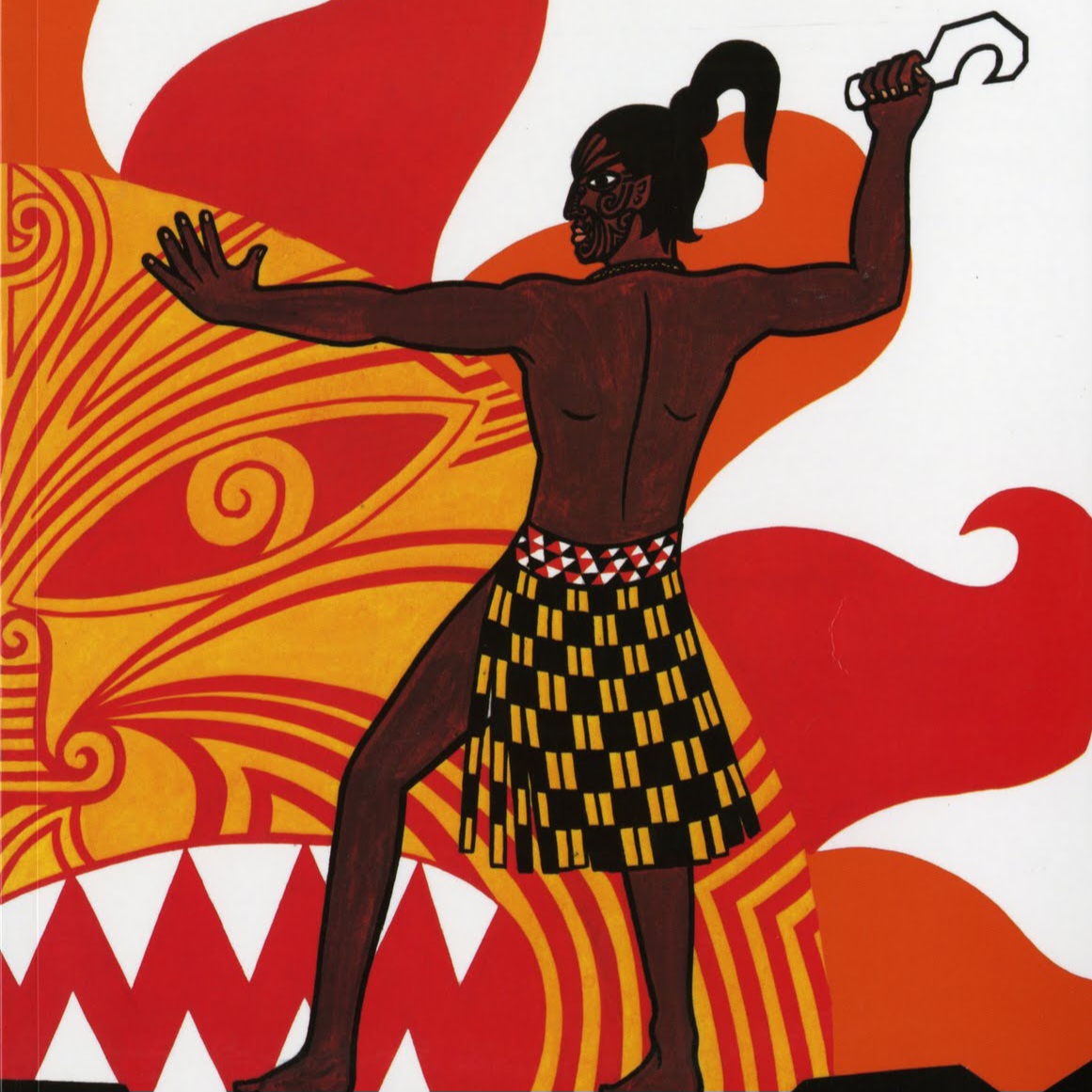So I’m a New Zealander and I have a pretty good idea on how the electoral college system works but it honestly sounds like something that can be easily corrupted and it feels like it renders the popular vote absolutely useless unless I’m totally missing something obvious?
So yeah if someone could explain to me what the benefits of such a system are, that would be awesome.
Edit - Thanks for the replies so far, already learning a lot!


Definitely an interesting topic for sure!
I guess most other governments would never need a system like that given I don’t imagine there’s any other country in the world that is made up of as many States as the US.
We have an interesting electoral system in NZ called MMP which is essentially a first across the post system so even if a party gets more votes than anyone else, it they didn’t get enough to cross the post/finish line, they don’t win and so a coalition can be formed by smaller parties that got less votes to get across the finish line and therefore the country is then run by multiple political parties.
I think multi party parliamentary systems are probably the gold standard for representative government, but I don’t think I like the Prime Minister as head of state/government due to the very reactionary and populist nature of a parliament.
Some if it depends on how the elections run. Like if people vote for parties and not specific candidates. If they have ranked choice voting. What the process and prospect for citizen initiated legislation is. How strong the checks and balances are against an out of control parliament. That sort of thing.